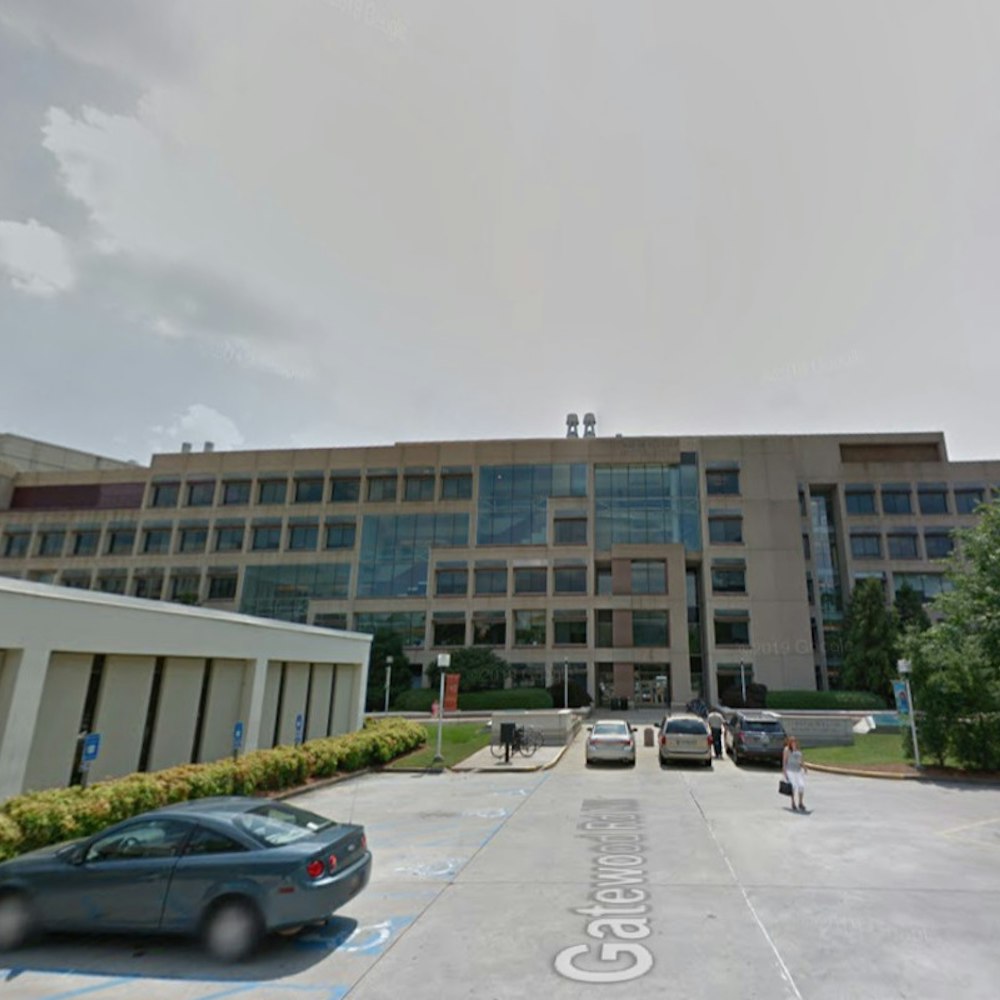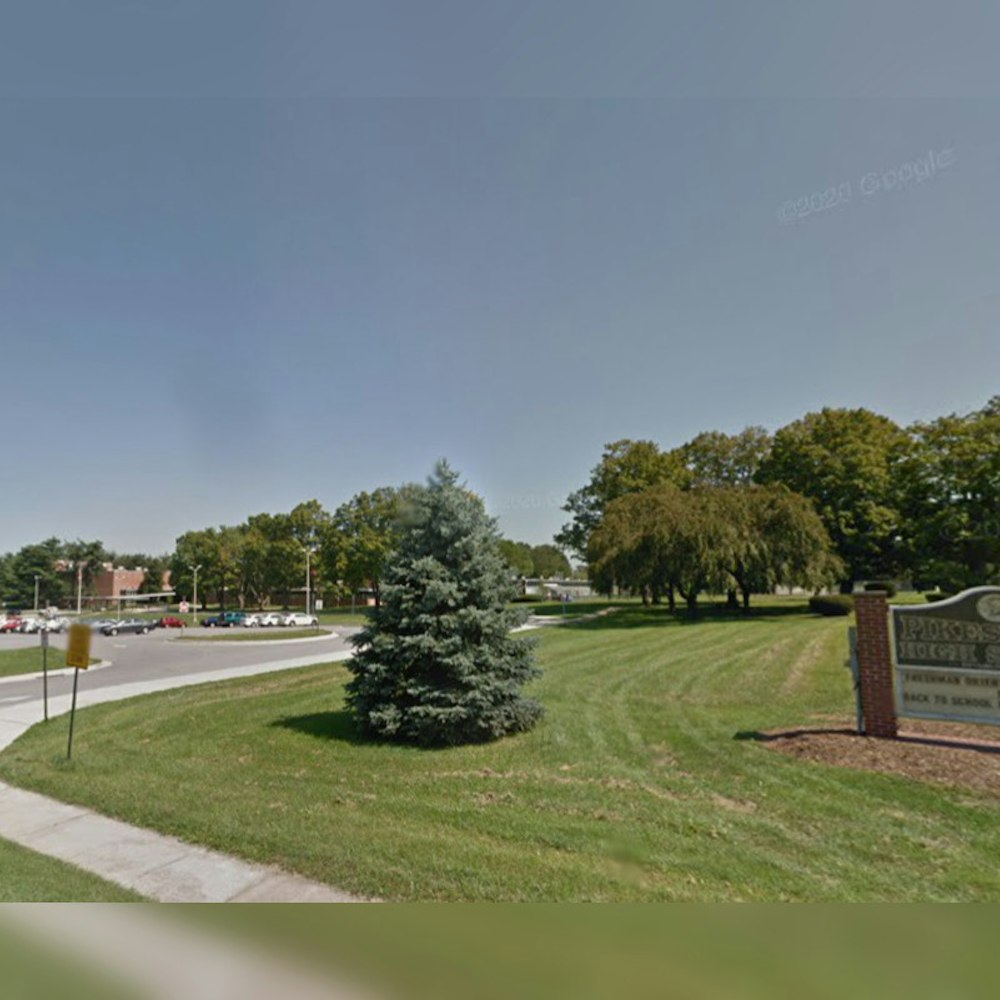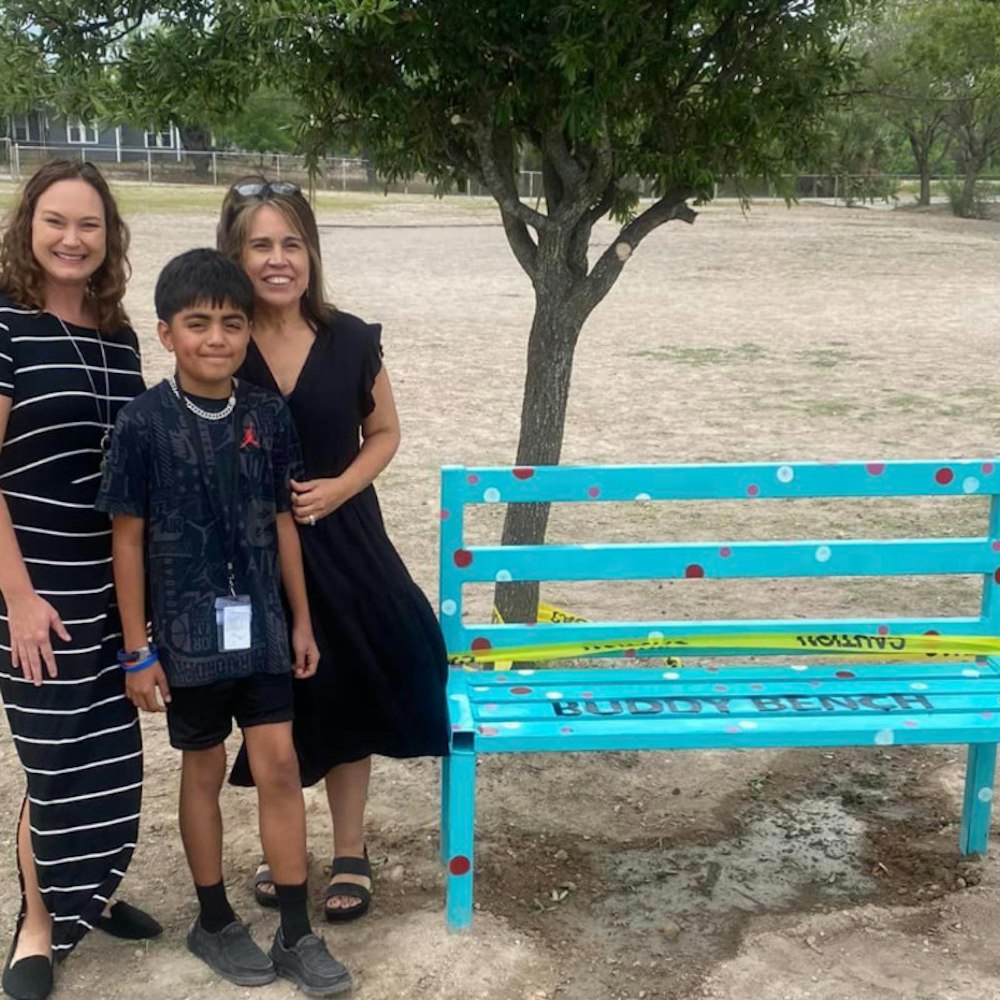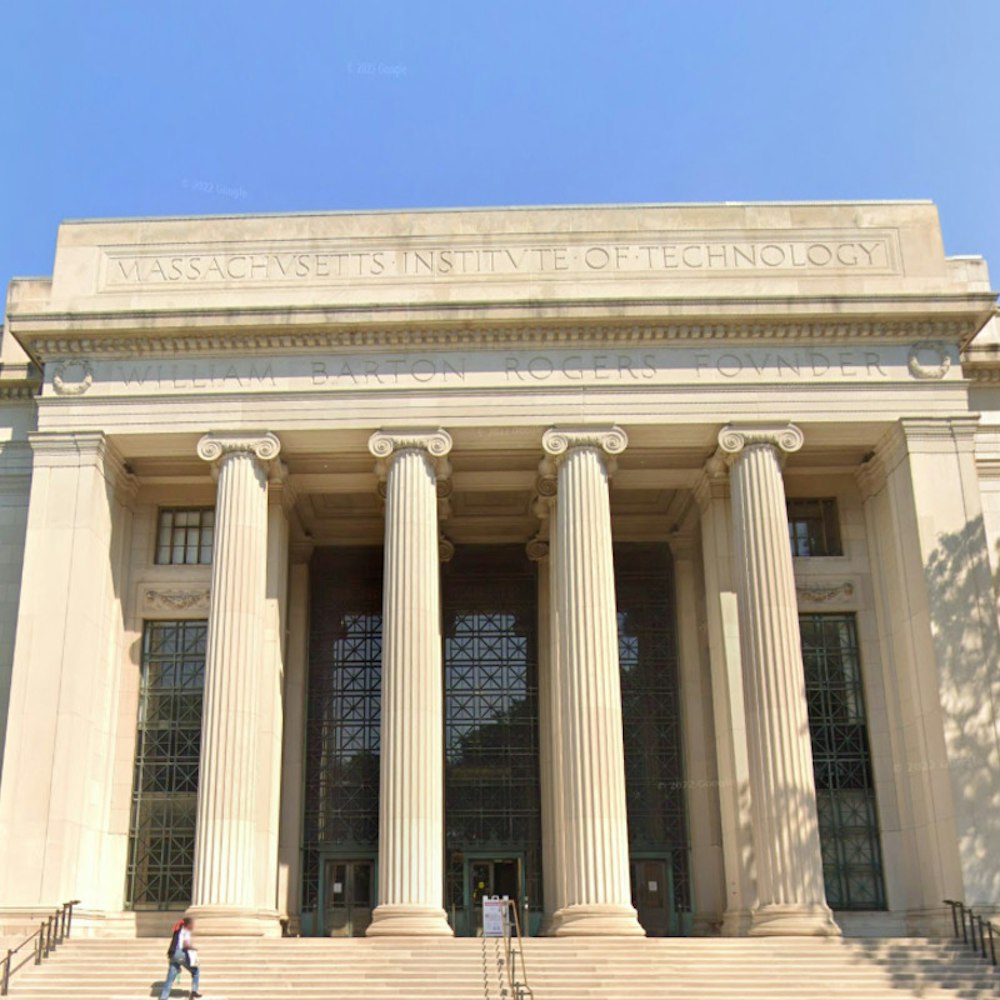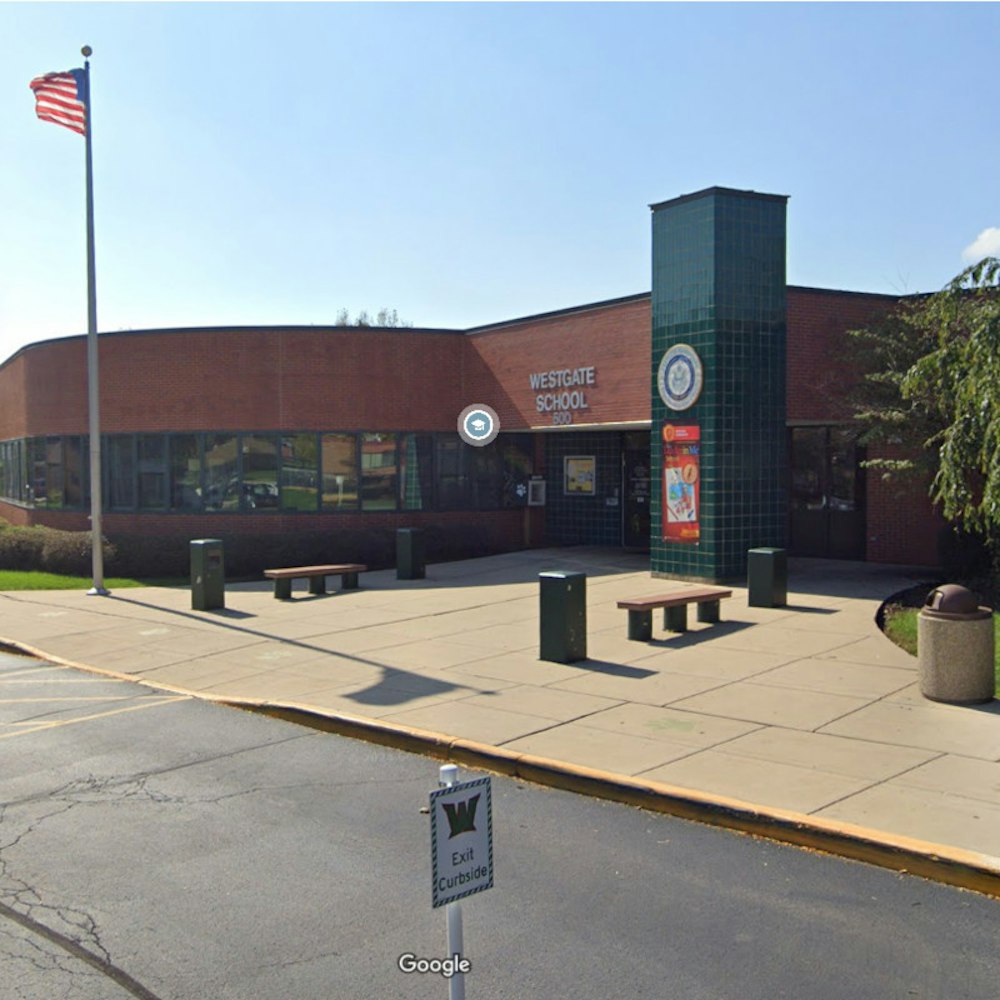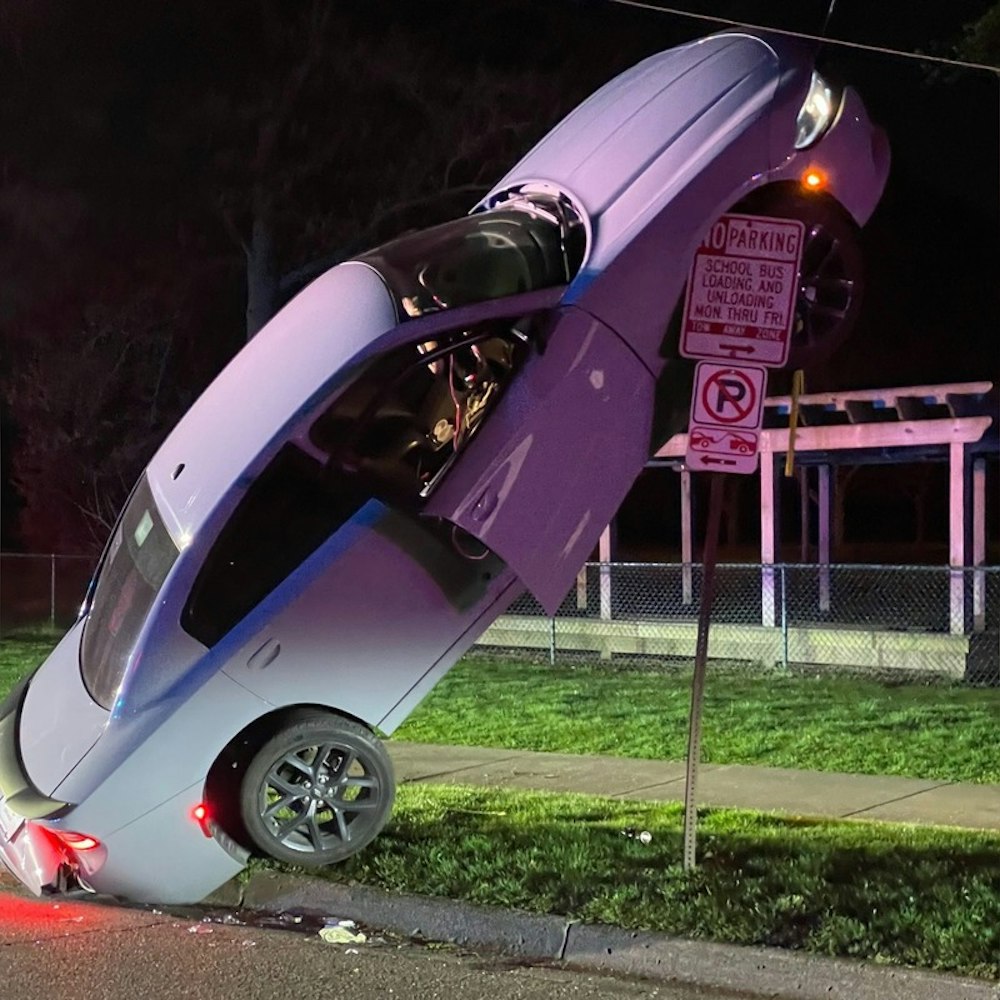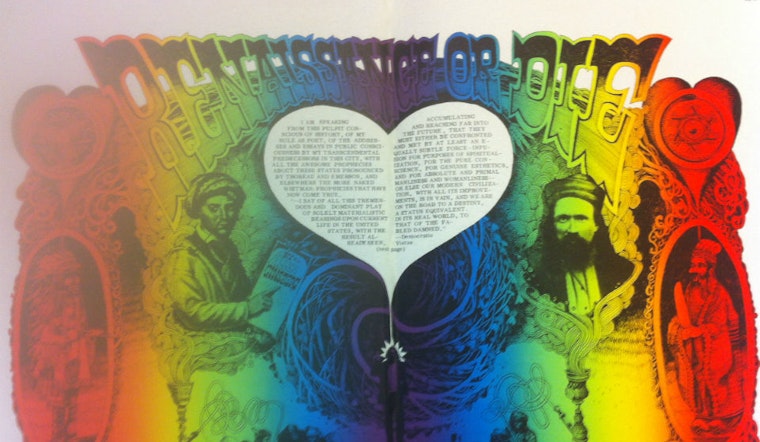
While the Haight doesn't have an official museum (yet), it does have a custodian of its history. Darice Murray-McKay, a librarian at the San Francisco Public Library's Park Branch, has been working with the library's archive of local history since the branch manager began a discrete collection of it in 2003.
"We need a museum," Murray-McKay said, and the library is currently the de facto stop for Haight Ashbury history, as none of the attempts to establish one in the neighborhood have taken root over the years.
When she moved to the library branch, she found that "people from all over the world come in ... they come here thinking to find something about the history of the neighborhood." In lieu of a museum, she said, "we as a library have pieced together some of that history."
The archive as it stands today includes a large number of books about the 1960s, music, counterculture, drugs, student demonstration and "the whole gamut of the sixties," Murray-McKay told us.
It also includes some ephemera, like issues of The Oracle, a former Haight newspaper (photo above).
The library has also been executing a project to record 30-minute interviews from dozens of residents who experienced the neighborhood through the 1960s and 1970s. The recordings, taken in 2006, are currently being digitized and made available online for research.
When we asked what an ideal Haight Ashbury museum would include, Murray-McKay said it would be great to have a fuller archive of early neighborhood newspapers, concert posters, documentaries (there hasn't been a complete one), more interviews, and photographs from people in the neighborhood, many of which haven't yet been consolidated into a single place.
She said there was a call for more inclusive histories of the Haight beyond "just tie-dyes," from the Irish working class residents of the 1930s and 1940s to the population of black families that moved in when the Fillmore was demolished.
Murray-McKay notes that there's been an increasing awareness lately, about the urgency of recording and documenting the history of the Haight Ashbury, as the number of people who lived here during the 1960's diminishes and their stories are lost.
If you have a piece of documentation, memories or photos from the Haight of yesteryear to contribute, let us know in the comments. We'll keep you posted on when, if ever, a Haight Ashbury museum becomes a reality.


